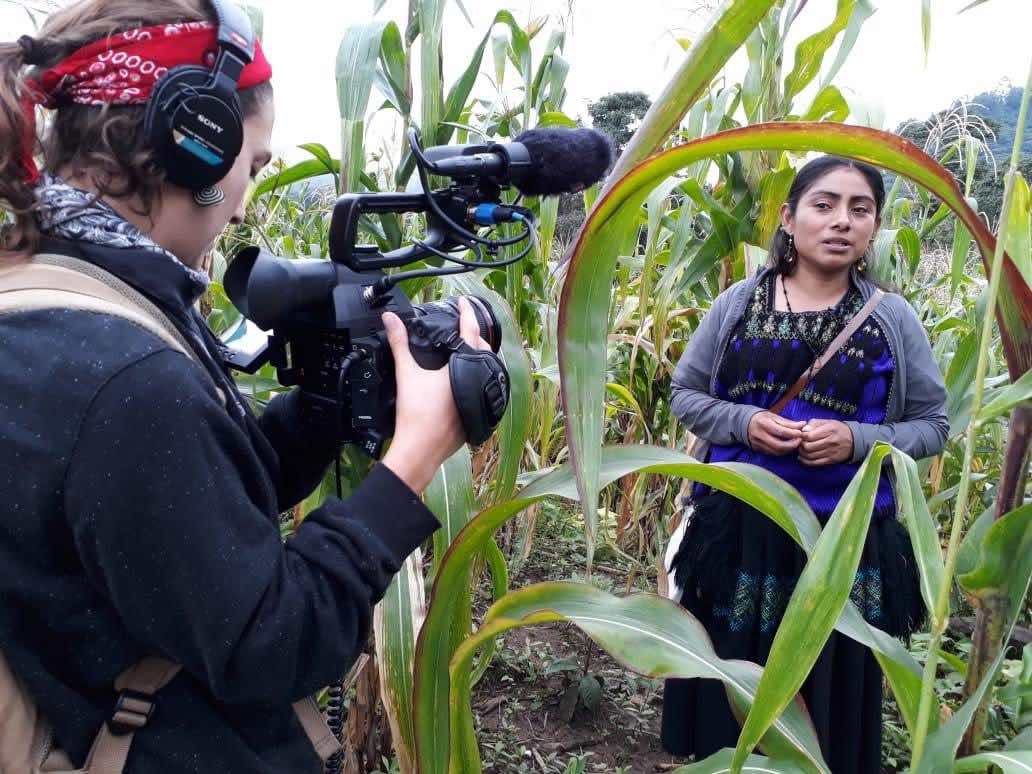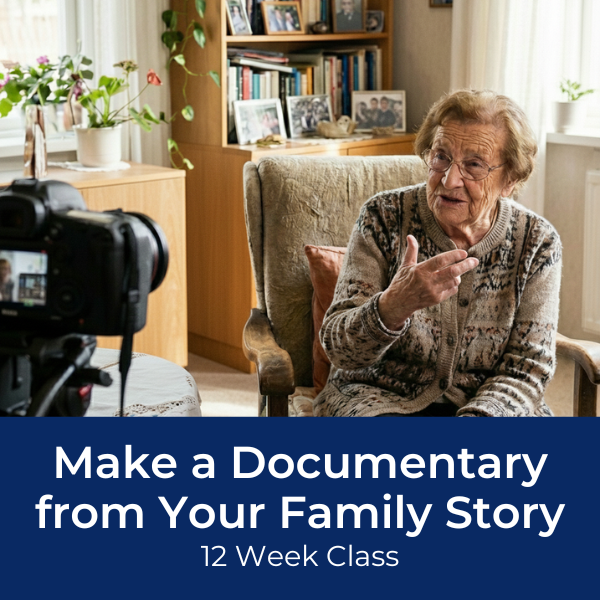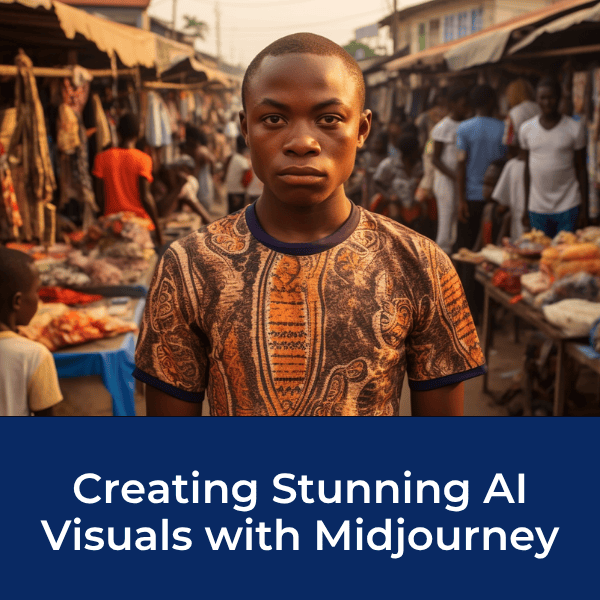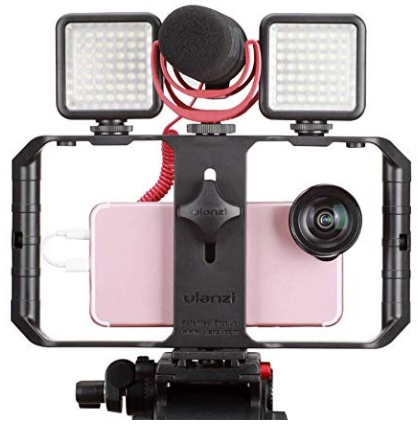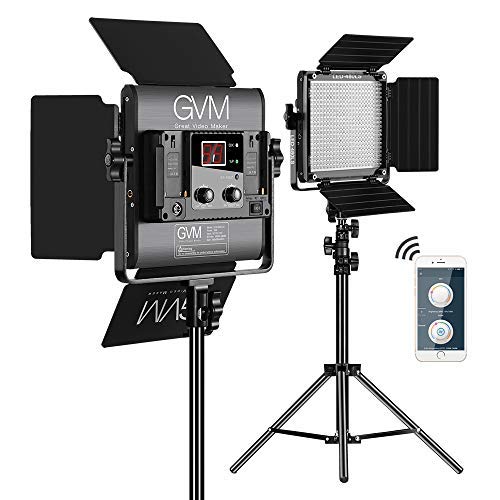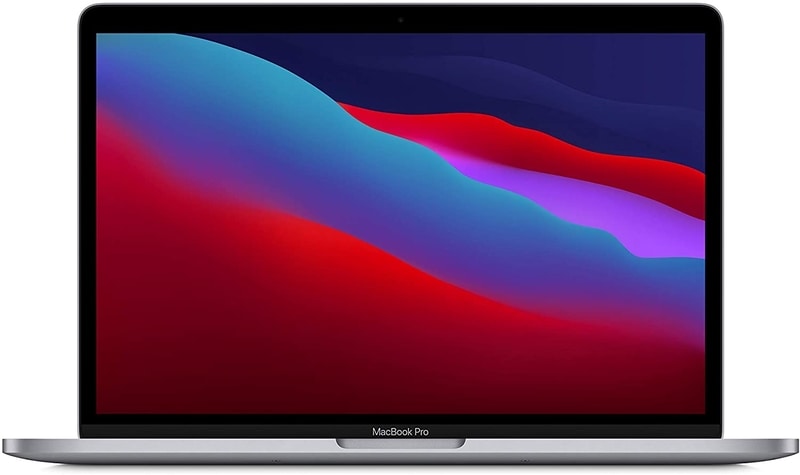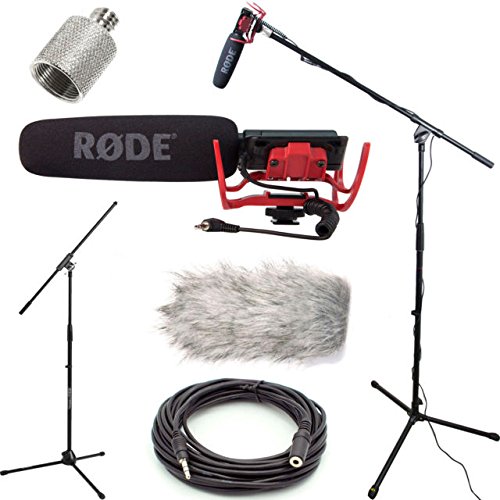What First Time Filmmakers Can Gain From “Going Short”
An Interview With The Director Of The Sundance-Funded Documentary Lupita And Why She Decided To Make A Short Film
One common misconception is that it’s easier to make a short documentary than a feature-length documentary.
First time filmmakers might even feel like they won’t be taken seriously unless they direct a feature-length doc.
But that couldn’t be further from the truth.
There are several ways that you could benefit from starting with a short documentary.
This format might even be the best choice for your story.
- How Does An Independent Filmmaker Get Their Movie On Netflix?
- 20 Questions to Ignite Your Documentary's Development
- What Makes a GOOD Documentary: 7 Key Elements Of An Award-Winning Documentary
One of the biggest factors in deciding to “go short” is the balance between what you want to communicate vs. what your subject has to share.
For example, some documentaries follow a subject through a process. But maybe you don’t want to communicate the whole process.
Maybe your goal is to share a fragment of your subject’s life story, like in Lupita, a Guardian documentary about a Tzotzil-Maya woman at the forefront of a Mexican Indigenous movement.
We talked with Monica Wise Robles, director of Lupita, about the greatest learning opportunities and challenges of the short doc format.
Interview with Monica Wise Robles
All photos courtesy of Monica Wise Robles
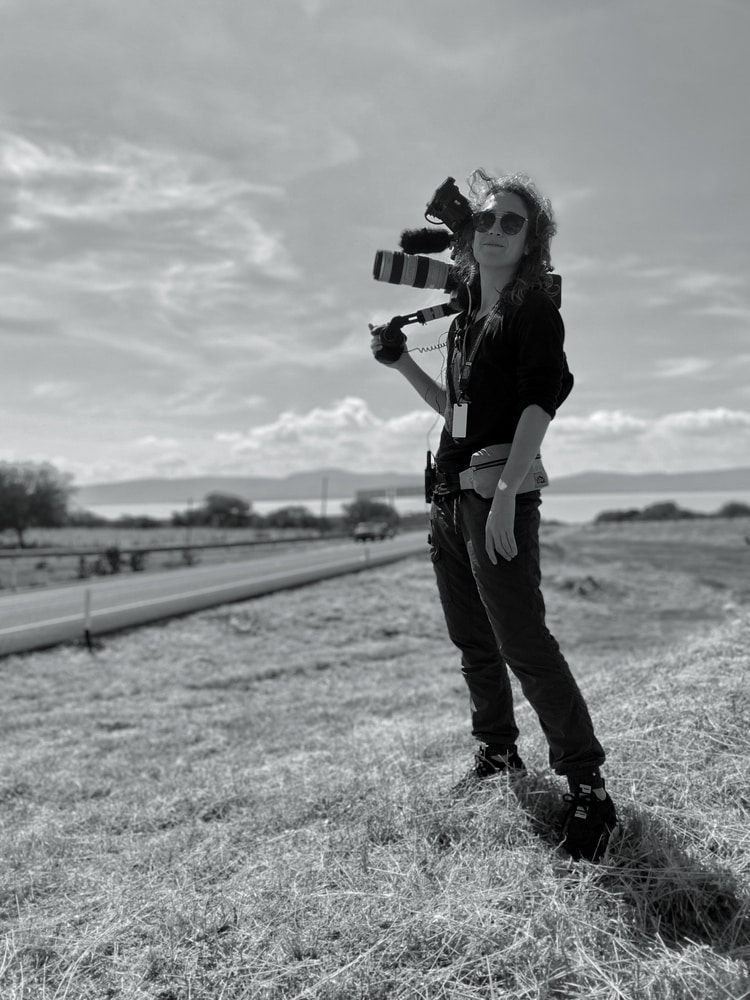 Director Monica Wise Robles
Director Monica Wise Robles
Q: What was your timeline for deciding whether to shoot a feature-length story or a short doc?
In the Fall of 2017, I was in El Salvador with an International Women’s Media Foundation (IWMF) fellowship covering abortion rights. I then asked them to send me to Chiapas because the first Indigenous woman to campaign for presidency in Mexico was going to start her campaign tour.
The campaign timeline took too long for a short doc, but the process required trust-building, co-supporting (making campaign videos) and finding an editor that could tie it together for the audience we were working for. (All experiences that helped prepare for Lupita).
In the end, Lupita resonated better in Mexico in terms of festivals and outreach screenings, but the Guardian also took her struggle around the world.
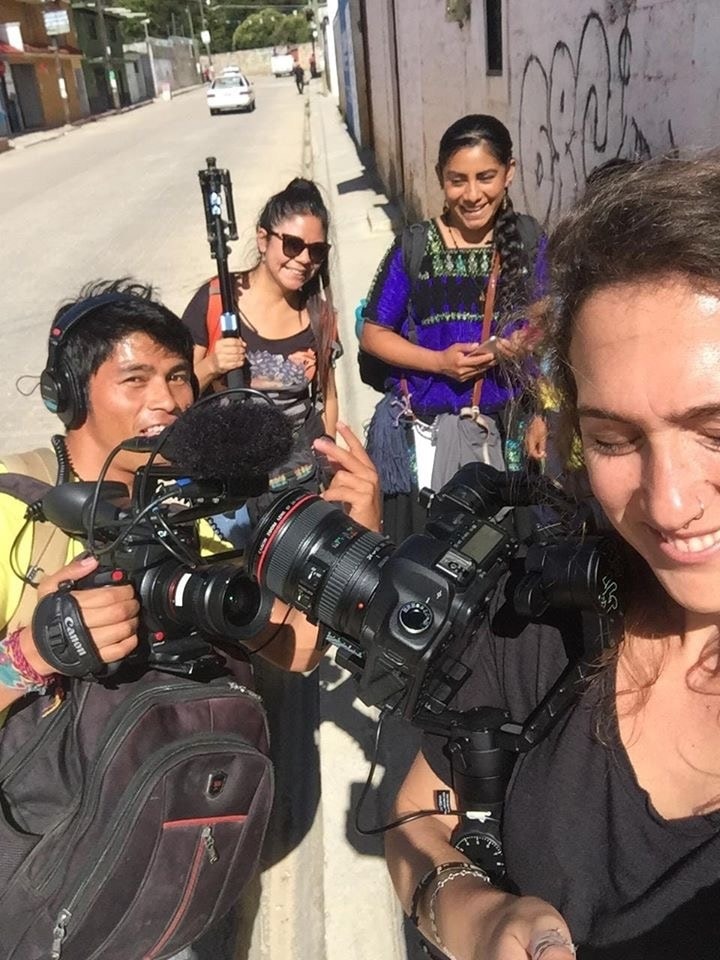 Sundance-funded documentary "Lupita" was filmed with a crew of four
Sundance-funded documentary "Lupita" was filmed with a crew of four
Q: How would you describe some of the learning opportunities inherent in making short documentaries vs. features?
I think the short vs. long decision became more important in postproduction. We always had to make a short for the Guardian docs platform and we received 25k from Sundance to do it.
I actually lost about 10k in a shoot with a larger crew than necessary because of access and security issues after months of shooting/scouting by myself. I ended up only taking one external person for the final shoots, Lalo, the local producer (and Lupita as producer as well).
I think there’s more freedom and less pressure with a short. But making it certainly felt like the process of making a feature, since our goal was always more access, more scenes, and more time with Lupita.
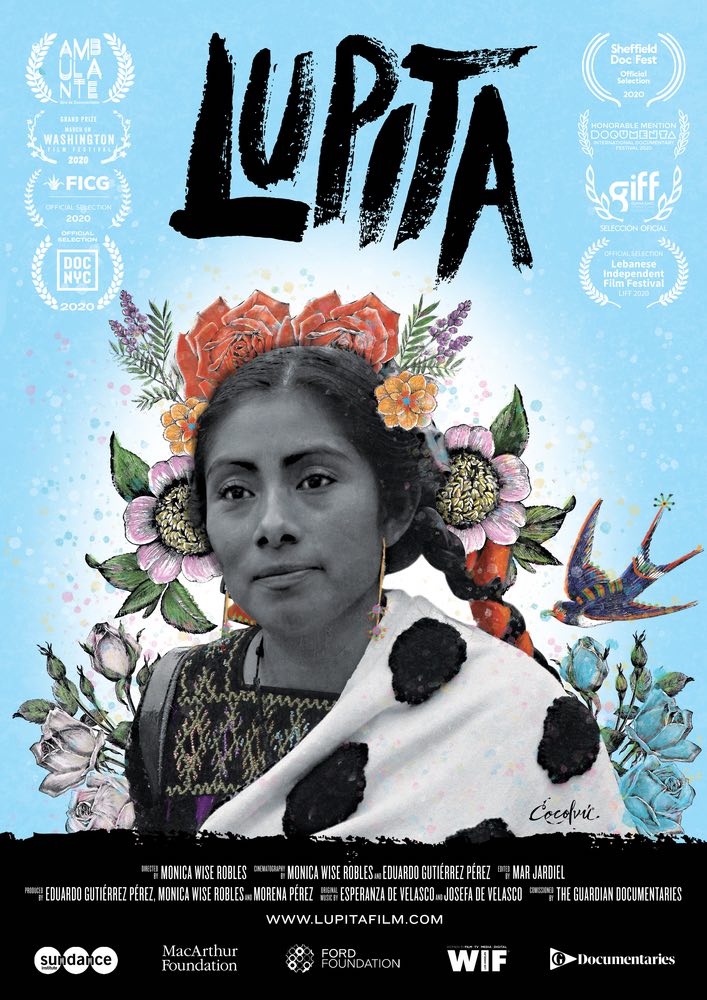
Q: Would you recommend first time documentary filmmakers to start with a short?
Definitely, your first “child” is precious enough. I almost didn’t finish Lupita because of funding and setbacks so I can’t imagine fundraising and managing more of a budget.
Q: What was your path to funding for Lupita?
Some funds come and go, so keep your eyes out! This Sundance/Guardian fund for Indigenous stories was a one time thing. It really helps to have mentors or contacts at funding organizations. Once they like your work, they can help you go in the right direction.
Q: How can making a short doc help you prep for a feature-length story?
It’s a crash course in every step of the process. Luckily I did my doc in a tough setting, and working with communities living in complicated areas is something I plan on continuing to do.
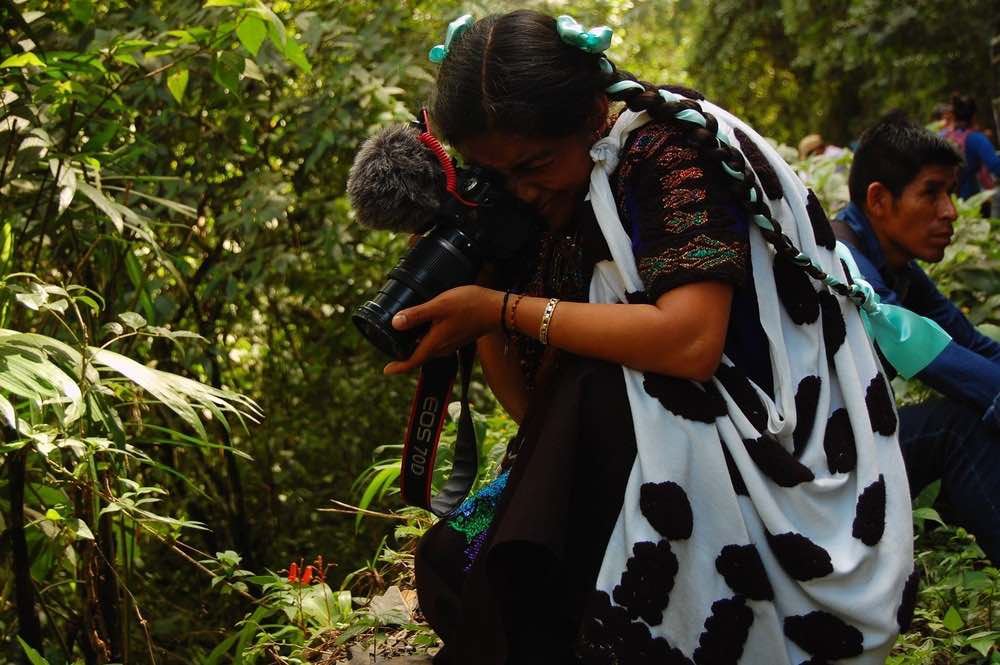 Lupita filming footage for the documentary
Lupita filming footage for the documentary
Q: What were some of the most important factors in the distribution of Lupita?
The Guardian let us have a festival run first, but it was partly squashed by the pandemic. We were able to continue to present the doc via Zoom.
The speaking events really brought us together as a collaborative force. It was important that Lupita’s voice was heard in other spaces, with different audiences, to raise awareness of their struggle. There has not been justice for the Acteal massacre almost 24 years later.
But the film isn’t finished until we bring it to local showcases. We started a crowdfunding campaign for the tour, and we hope to do it soon.
Q: What would be your #1 tip for first time filmmakers working on a short documentary?
Listen, and trust your vision and instincts.
About The Filmmaker
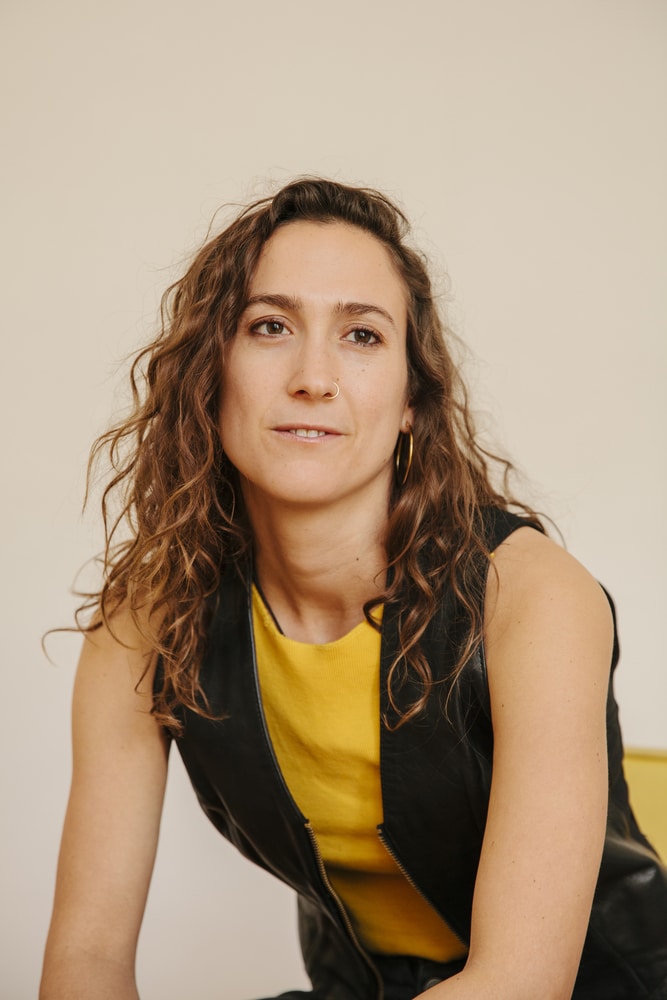
Monica Wise Robles (Director/Producer/DP) is a Colombian American documentary filmmaker and video journalist based in Mexico City. Her work focuses on intimate stories of resistance across borders to highlight feminist, LGBTQ, migrant, and indigenous narratives.
Monica’s work can be seen in the Guardian, the Intercept, the Atlantic, Washington Post, AJ+, PBS and the BBC, among other outlets. Her first short documentary Lupita premiered online with the Ambulante festival in Mexico, and internationally with Sheffield Doc/Fest 2020.
She worked on Pamela Yates’ 500 Years, a feature documentary chronicling indigenous resistance in Guatemala which premiered at the 2017 Sundance Film Festival. Monica was also a producer and cinematographer on The New Deciders, a 2016 PBS election special with journalist Maria Hinojosa. Monica is an International Women’s Media Foundation Adelante fellow, a Ford Foundation and Sundance Institute grantee, a UC Berkeley Investigative Reporting Program Associate, and was selected for Take The Lead’s 2018 #50WomenCan program for women working to change the gender gap in the media industry.
She is a member of the Brown Girls Doc Mafia and the Video Consortium.
Related Articles
- An Unconventional Approach to Short Form Documentary Storytelling
- Documentary Storytelling Techniques
- 4 Easy Steps To Film A Short Documentary
Ready To Make Your Dream Documentary?
Sign up for our exclusive 7-day crash course and learn step-by-step how to make a documentary from idea to completed movie!
